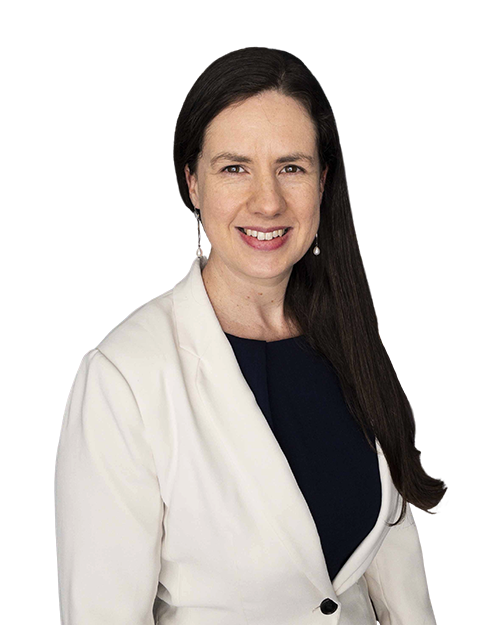Professional scepticism is a critical component in the auditing profession. It involves maintaining an attitude of questioning mind and being alert to conditions that may indicate possible misstatement due to error or fraud. The importance of demonstrating professional scepticism, particularly when dealing with management's assumptions and estimates, cannot be overstated.
In Auditing Estimates and Demonstrating Professional Scepticism Lindsay Webber focuses on the auditing requirements from the planning stage to completion when dealing with accounting estimates and provide practical advice on how to document accounting estimates and in doing so demonstrate your professional scepticism.
The standard on accounting estimates was revised in 2018 and updated again in 2022, emphasising the importance of professional scepticism. Auditors are required to maintain this mindset throughout the audit, especially when reviewing management estimates relating to fair values, impairments, and provisions.
Demonstrating professional scepticism involves challenging management's assumptions and verifying the work done in auditing these estimates. This doesn't necessarily mean being aggressive or confrontational; it's about having a robust discussion with your client about how they've developed their estimates and where they've sourced their inputs.
Documenting professional scepticism in audit files is crucial. Reviewers are placing increased emphasis on its presence, and auditors need to ensure they can provide evidence of this. However, documenting professional scepticism can be challenging as it is more of a mindset than a tangible action.
One way to demonstrate professional scepticism is by asking probing questions about management's assumptions. For instance, if management predicts a 10% sales growth, auditors should inquire about their plans to achieve this growth, what's currently in the sales pipeline, and how they're marketing new products or services.
Auditors should also document their conclusions after examining management's assumptions. For example, if management prepares a cash flow forecast to support the valuation of investments, auditors should recalculate it, inspect it for reasonableness, and document their findings.
In some cases, management's estimates will be based on their experience, and there won't be any concrete evidence to back them up. In such situations, auditors should document their discussions with management in detail, showing that they've understood the assumptions and how they were developed.
Auditors should also develop their own estimates to compare with management's and document any material differences. For instance, if management assesses the valuation of an investment property, auditors might look at sales prices of similar properties in the area and compare them to management's valuation.
In conclusion, demonstrating professional scepticism is a multifaceted process that involves challenging assumptions, verifying estimates, and documenting discussions and conclusions. It's not about one single test but a combination of actions that collectively show an auditor's professional scepticism. As auditing standards continue to evolve, the emphasis on professional scepticism is likely to increase, making it an even more critical aspect of the auditing profession.
To watch the full session, please click here. In this session Lindsay covers the following topics;
- Estimates in risk assessment and planning
- Audit evidence for estimates
- Demonstrating professional scepticism
- Concluding on estimates
The contents of this article are meant as a guide only and are not a substitute for professional advice. The author/s accept no responsibility for any action taken, or refrained from, as a result of the material contained in this document. Specific advice should be obtained before acting or refraining from acting, in connection with the matters dealt with in this article.



